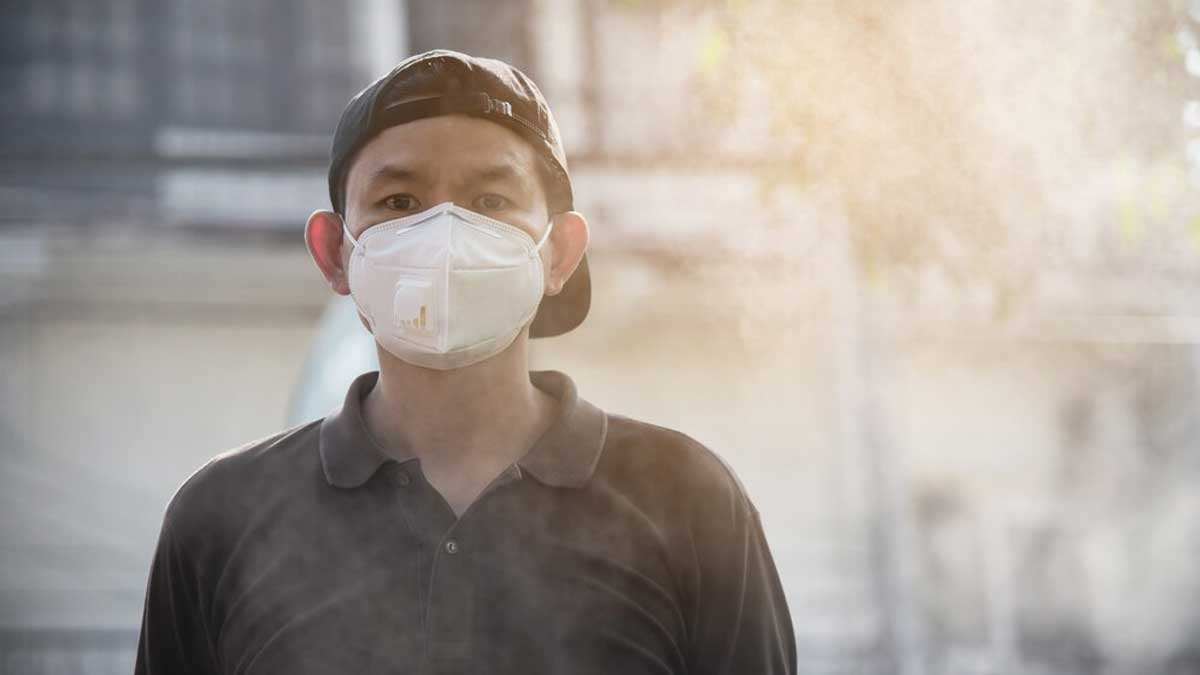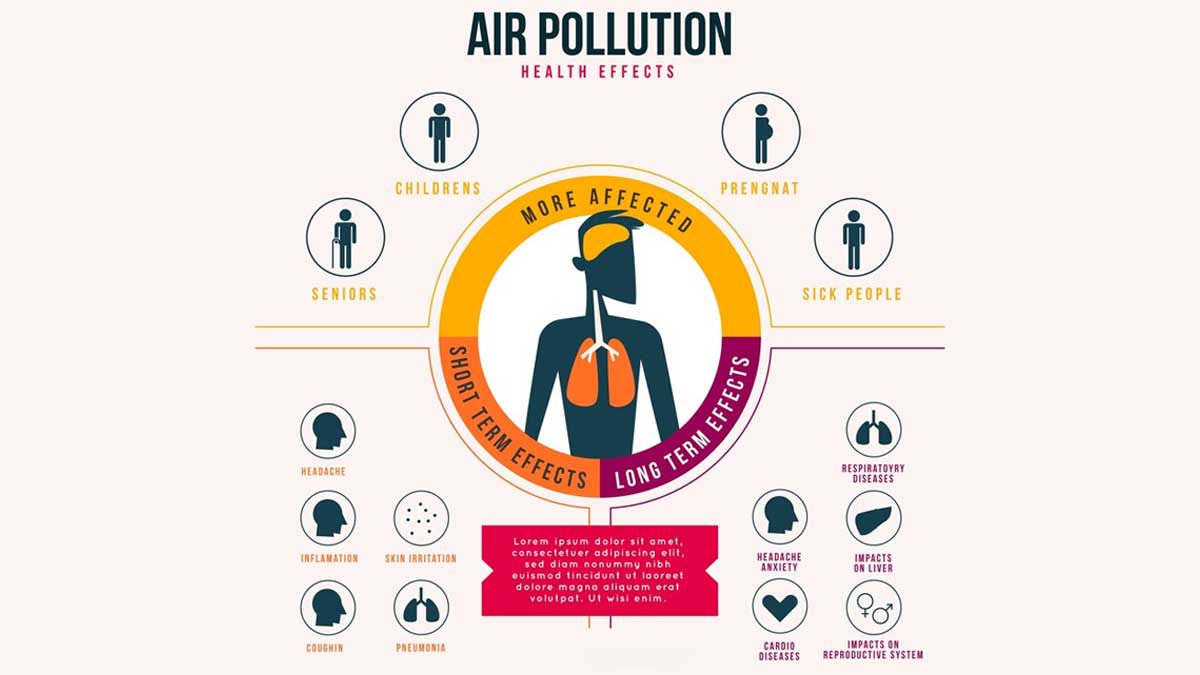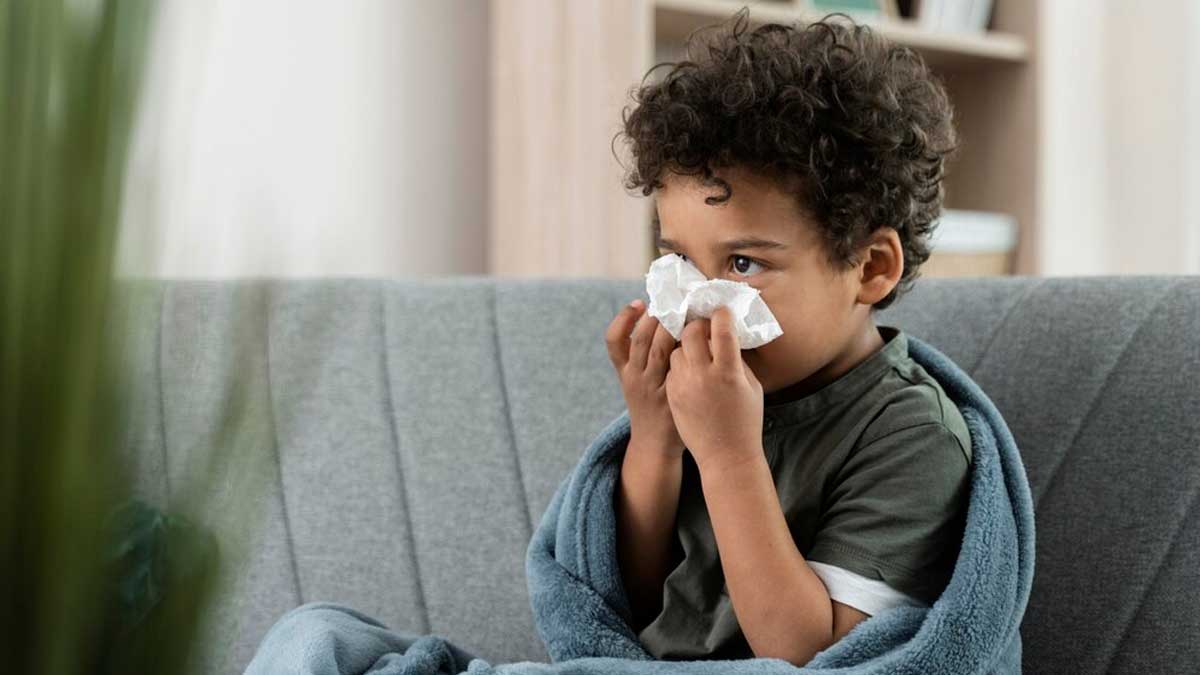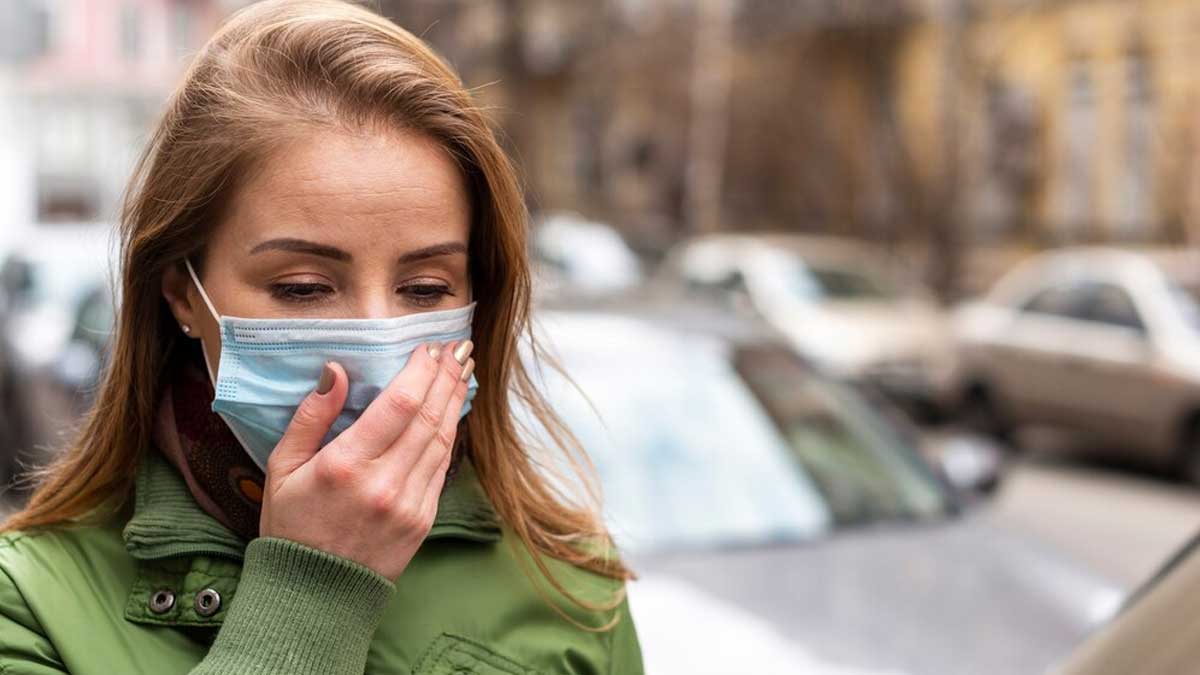
The 24-hour average Air Quality Index (AQI) in the National Capital Delhi stood at 313 on Sunday and remains in the "very poor" category with the AQI at 306 on Monday morning. The last time Delhi recorded such poor air quality was on May 17 when the AQI was 336. As per current reports by the Central Pollution Control Board (CPCB), Faridabad recorded an AQI of 322 (very poor), Ghaziabad 246 (poor), Greater Noida 354 (very poor), Gurugram 255 (poor), and Noida 304 (very poor).
Table of Content:-
Amid such alarming reports, we at OnlyMyHealth spoke to Dr Akshay Budhraja, Senior Consultant-Respiratory and Sleep Medicine, Aakash Healthcare, New Delhi, to understand the health impact of air pollution on people and discussed the crucial steps to take against it.
Also Read: Expert Talk: Impact Of Air Pollution On Lungs
Air Quality (AQI) Categorisation

In India, air quality is categorised using the AQI, which provides information about the level of air pollution and its potential health impacts. The AQI categorisation is as follows:
Good (0-50): Air quality poses little or no risk to health.
Satisfactory (51-100): Air quality is okay with minor health concerns for a very small number of people who are unusually sensitive to air pollution.
Moderate (101-200): Air quality is acceptable but may pose health concerns for some people, particularly those with pre-existing respiratory or heart conditions.
Poor (201-300): Air quality is unhealthy, and everyone may begin to experience health effects.
Very Poor (301-400): This signals more serious health effects.
Severe (401-500): Health warnings of emergency conditions. The entire population is likely to be affected.
How Poor AQI Affects Health
Discussing the impact of air pollution or poor AQI on health, Dr Budhraja says, “When the air quality is very poor or hazardous, there is an increase in the Particulate Matter (PM) 2.5 particles.” PM refers to tiny, often microscopic particles or droplets in the air that can be composed of various materials, such as industrial emissions, dust, and natural events like wildfires or volcanic eruptions.
When PM 2.5 particles and the harmful gases are inhaled, these can cause flareup or acute attack of asthma, Chronic Obstructive Pulmonary Disease (COPD) and interstitial lung disease, explains the doctor, adding, “They also decrease the defence mechanism of the airway or the lungs and such people are more prone for lung infection/pneumonia.”
According to the doctor, the poor air quality not just affects the lungs but can also affect other organs, especially the brain, skin, eyes, the endocrine system, stomach, heart, and the skin. Furthermore, these are known to cause premature deaths, early ageing, loss of memory, headache, anxiety, altered reproductive health, Cardiovascular Diseases (CVDs) and Alzheimer’s Disease.
A study published in the Journal of the American College of Cardiology found that air pollution is one of the largest risk factors for disability, alongside high blood pressure, smoking, and high blood glucose levels. In addition, the study suggested that it is also a major risk factor for CVD, which contributes to around 1 in 3 deaths globally.
Why Is Deteriorating Air Quality In Delhi A Major Health Concern

The deteriorating air-quality in Delhi is a huge health concern as it affects almost every living person in the city from children to the elderly, says Dr Budhraja.
A recent Air Quality Life Index (AQLI) released by the Energy Policy Institute at the University of Chicago showed that all of India's 1.3 billion people live in areas where the annual average particulate pollution level exceeds the 5 μg/m3 limit set by the World Health Organization (WHO).
As per the AQLI, Delhi is the most polluted city in the world and if the pollution levels remain the same, its 1.8 crore residents could potentially lose 11.9 years of life expectancy on average relative to the WHO limit and 8.5 years relative to the national guideline.
Furthermore, Dr Budhraja says that it will certainly increase cancer cases in the coming years as well as other diseases like diabetes, asthma, obesity, lung infections, allergies, heart diseases, Alzheimer’s and CVDs.
Also Read: Know The Impact of Air Pollution On Human Health And Environment
Steps To Take Amid Dipping Air quality

To begin with, we should first work towards reducing air pollution at the personal as well as public level, says the doctor. Here are a few measures you can take:
- Minimise the use of diesel cars; resort to car pooling if feasible
- Stop smoking
- Reduce stubble burning
- Avoiding indoor pollutants, such as agarbatti, dhoopbatti, wood and coal burning
- Having more of indoor plants
- Avoid going out during ‘very poor’ air quality
- Use of N-95 mask or a pollution mask
- Avoid going for early morning walks or late evening walk during high pollution levels
Who Should Be More Careful
Everyone is at an equal risk of air pollution’s health impact. However, the acute effects are more heavily experienced by people who are allergic or who have pre-existing respiratory diseases like asthma, COPD, ILD.
Beware of recurrent throat, eye, and lung infection, which remains high during poor air-quality.
Also watch this video
How we keep this article up to date:
We work with experts and keep a close eye on the latest in health and wellness. Whenever there is a new research or helpful information, we update our articles with accurate and useful advice.
Current Version